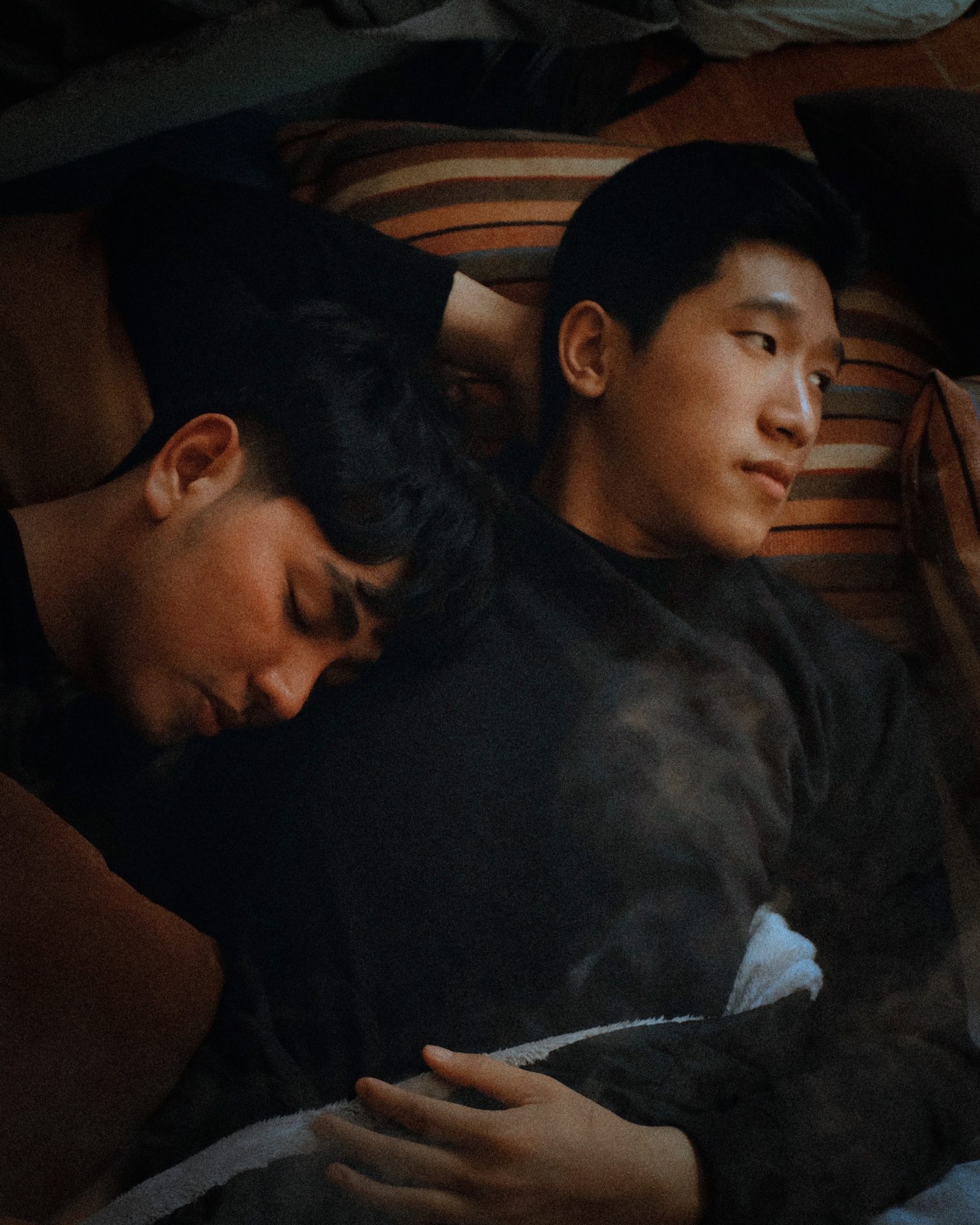
LGBTQ advocates are pushing for LGBTQ rights.
While the continuation of the Olympics in Tokyo, Japan is still a rocky situation, the country has yet to cancel its hosting of the international event. And with its continued push for having the sports competition within its borders, LGBTQ advocates are pushing for LGBTQ equality laws within the same borders.
Specifically, 116 human rights and LGBTQ organizations joined together to sign a petition and letter asking Japan’s prime minister Yoshihide Suga to introduce an LGBTQ equality bill. The organizations argue that the country should commit to its advertised theming of bringing “positive reform to the world” by working on three core concepts: “striving for your personal best,” “accepting one another,” and “passing on legacy for the future.” The Tokyo hosted Games, ironically, also has the tagline, “Know differences, show differences.”

In October of 2020, many organizations joined together to sign and send an initial petition, according to ABC News.
“In this country, equal rights for LGBT people are not guaranteed by law or in their social lives,” said Yuri Igarashi, co-representative of the Japan Alliance for LGBT Legislation. “We call for the passage of an LGBT equality law in time for the Tokyo games, and as an Olympic legacy.”
A second set of letter and petition como was then organized and sent on January 26. This time, the letter was backed by the before-mentioned 116 organizations, according to the Human Rights Campaign.
As the letter reads:
“Prime Minister Suga, we respectfully ask that you:
Immediately, publicly commit to the introduction of a national law that prohibits discrimination on the basis of sexual orientation or gender identity; and
Direct the drafting of an anti-discrimination bill on the basis of sexual orientation or gender identity and introduce the law for passage to the National Diet session in advance of the Tokyo 2020 Olympic and Paralympic Games.”

Currently, Japan is a mixture of progressive and stagnant when it comes to LGBTQ rights and issues. On the bright side, the country has a vast LGBTQ history such as having a gay emperor, Emperor Ai of Han, and gay sex has been legal since 1880. Transgender people have been legally recognized in the country since 2004, though trans people are only allowed to have their preferred gender identities recognized in government records after they go through gender-affirming surgery. In addition, some prefectures and cities recognize civil unions.
That said, the country still has room to grow. LGBTQ visibility is still largely regulated to queer or niche corners of the country. Then, there are no national laws protecting LGBTQ people from discrimination. Plus, same-sex marriage or same-sex couple adoption are not legally recognized. As such, LGBTQ rights organizations have a right to call for change in the country. The question is, will their cries be heard?
Source: ABC News, Human Rights Campaign,
